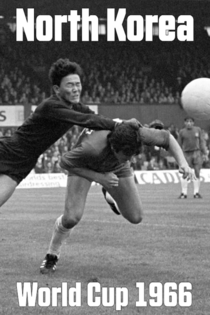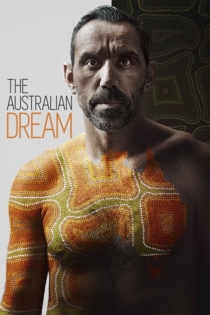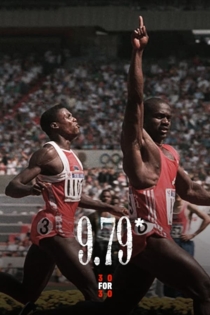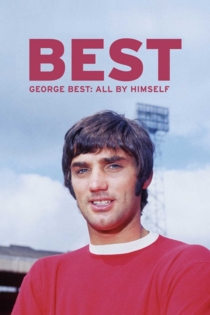
Daniel Gordon
2021Hillsborough
Daniel Gordon
Margaret Aspinall, Chris Cowlin
A look at the April 15, 1989 tragedy at Hillsborough Stadium in Sheffield, England, where a stampede in the stadium's standing-room-only areas killed 96 people and injured 766. The film also examines the ongoing efforts of victims' families to seek truth and justice, as well as tangible effects on English football, including stadium upgrades and the emergence of the English Premier League.
Hillsborough
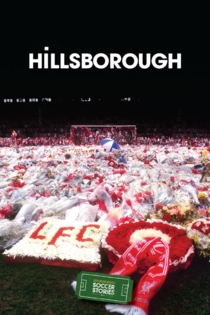
The Fall
Daniel Gordon
Zola Budd, Mary Decker
The Fall tells the remarkable story of a South African barefoot runner, an American track-and-field prodigy, and the events behind one of the most memorable moments in sporting history – the 1984 LA Olympics. The film charts two journeys, from rural South Africa under apartheid and the rolling hills of Southern California, to the starting line of the women’s 3,000 metres. It uncovers a tale of betrayal and exploitation, of the blurred lines between politics, media and sport, and of the dedication and sacrifice required to compete at the highest level. It’s a story that split governments and divided nations, but at its heart is a tale of two young women who, despite the turmoil in their lives, just wanted to run.
The Fall
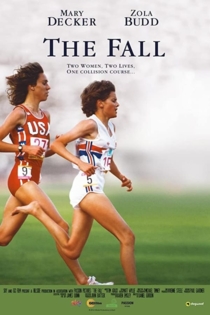
A State of Mind
Daniel Gordon
Daniel Gordon, Kim Jong-il
Two young North Korean gymnasts prepare for an unprecedented competition in this documentary that offers a rare look into the communist society and the daily lives of North Korean families. For more than eight months, film crews follow 13-year-old Pak Hyon Sun and 11-year-old Kim Song Yun and their families as the girls train for the Mass Games, a spectacular nationalist celebration.
A State of Mind
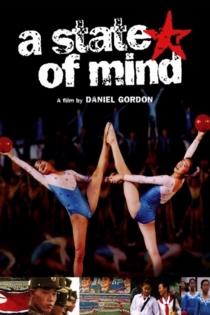
I Scored A Goal In The FIFA World Cup FInal
Daniel Gordon
A series of 34 short documentary films for ESPN featuring testimony from the only men alive to have scored a goal in a world cup final. In the history of the World Cup only 68 people have scored a goal in the final (including penalty shoot-outs). Of which 34 are alive today.
I Scored A Goal In The FIFA World Cup FInal

The Race That Shocked the World
Daniel Gordon
Daniel Gordon's documentary about the doping scandal of sprinter Ben Johnson at the 1988 Seoul Olympics. Johnson's 100m time was astonishing. He was the unpromising runner who became a Canadian hero for getting gold in 1988, but then a villain by testing positive for banned substances, getting stripped of his medal and sent home in disgrace. But who else was doping?
The Race That Shocked the World
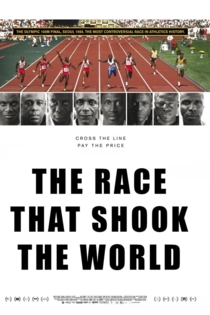
The Game of Their Lives
Daniel Gordon
Daniel Gordon, Paul Nicholson
A BBC documentary producer is given unprecedented access in North Korea to chronicle the story of the famed 1966 World Cup team from the North that advanced to the quarterfinals. The feature includes interviews with surviving members of the team, English fans and soccer pundits who saw the North Koreans upset Italy, 1-0.
The Game of Their Lives
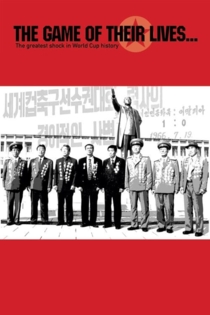
The John Akii Bua Story: An African Tragedy
Daniel Gordon
Chiwetel Ejiofor
At the Munich Olympics of 1972, John Akii Bua, from the impoverished African country of Uganda, powered round the inside lane in the 400m hurdles, past the English favourite, and reigning Olympic Champion David Hemery, to win the gold medal, 10m clear of the field. John Akii Bua had become the first African to win gold in an event under 800 metres. He was also the first man to break the 48 seconds barrier in the 400 metre hurdles, an event so gruelling its nickname is 'The Mankiller'. This is the story about that amazing triumph - and what happened next. David Hemery retired to respectable fame and fortune, later becoming president of the UK's athletics federation. John Akii Bua returned to a Uganda carving the name of its military "President", Idi Amin, into genocidal notoriety. This is a film about the pinnacle of athletic achievement - and the search to discover what followed.
The John Akii Bua Story: An African Tragedy

Crossing the Line
Daniel Gordon
James Dresnok, Charles Robert Jenkins
In 1962, a U.S. soldier sent to guard the peace in South Korea deserted his unit, walked across the most heavily fortified area on earth and defected to the Cold War enemy, the communist state of North Korea. He became a star of the North Korean propaganda machine, but then disappeared from the face of the earth. Now, after 45 years, the story of James Dresnok, the last American defector in North Korea, is being told for the first time. Crossing the Line follows Dresnok as he recalls his childhood, desertion, and life in the DPRK.
Crossing the Line
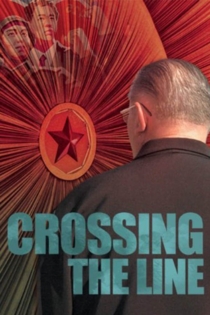
Don't Look Down
Daniel Gordon
Per Lindstrand, Richard Branson
Don’t Look Down is the untold story behind Sir Richard Branson’s daring attempts to cross the Atlantic and Pacific in the mid 80s and early 90s in the world’s largest hot air balloon. Daniel Gordon captures the intensity and passion of the team that was involved in this ambitious project, as well as the first-hand account from Branson himself. Branson remembers details of his journey with remarkable sharpness and clarity. It’s as if the perilous adventure he embarks upon, with engineer, and Balloonist, Per Lindstrand, just occurred.
Don't Look Down
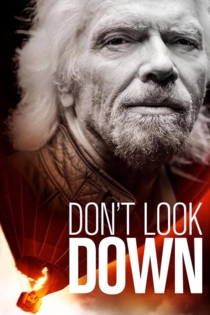
Match 64: The Final of the 2010 FIFA World Cup
Daniel Gordon
Andrés Iniesta, Carles Puyol
Go behind the scenes and get closer to the 2010 FIFA World Cup Final than ever before in 'Match 64', a documentary that features exclusive interviews, footage and access to the battle between Spain and the Netherlands.
Match 64: The Final of the 2010 FIFA World Cup
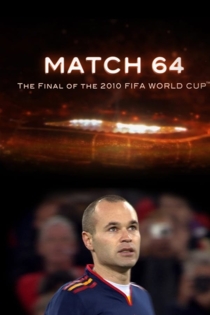
North Korea World Cup 1966
Daniel Gordon
Eusebio scores four goals to help Portugal come back from 3-0 down to defeat underdogs North Korea 5-3 at Everton’s Goodison Park in the 1966 World Cup quarter-finals. The football legend has died at the age of 71. Widely considered one of the best players of all-time, he scored 733 times in 745 professional matches Even in defeat, the North Koreans were, by now, undoubted ambassadors for their country. The warmth was shared on both sides. When Dan Gordon visited the players in North Korea, they were eager to return to Middlesborough. But were they just victims of a Communist system that had driven them to do well? Not according to Dan Gordon, who says that modern football has only just caught up with the fast-paced style that the Koreans played: “Football in 1966 was incredibly slow, and nowadays teams play like the Koreans did in 1966… I wouldn’t call them victims at all… they were visionaries.”
North Korea World Cup 1966
